Are you interested in learning about different cultures and their histories? Here are the ethnology museums to visit in Catalonia:
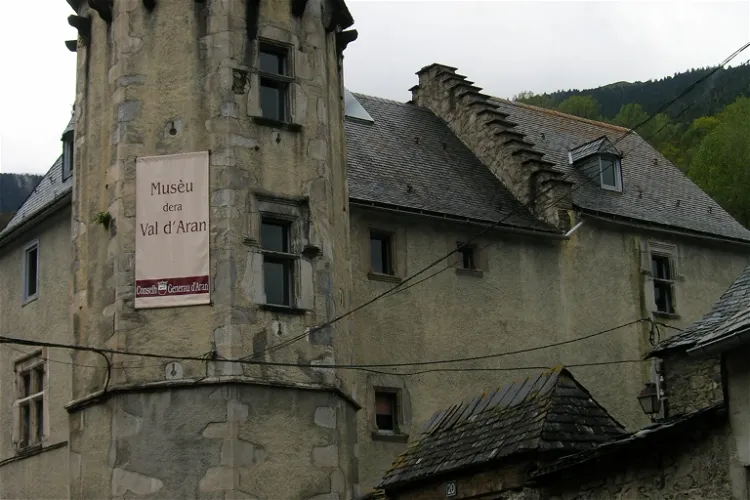
Musèu dera Val d'Aran
Viella Mitg AránThe Museo del Valle de Arán, also known as Musèu dera Val d'Aran, is a regional museum located in Viella. It is dedicated to the history, art, ethnography, and ethnology of the Aran Valley. The museum is housed in a late Gothic-style manor house known as the Torre del general Martinón. It also occupies the Casa Joanchiquet in Vilamós and the church of San Juan de Artiés. The museum's main objective is to preserve the Aranese culture in all its aspects, through the different stages and epochs of the Aran Valley.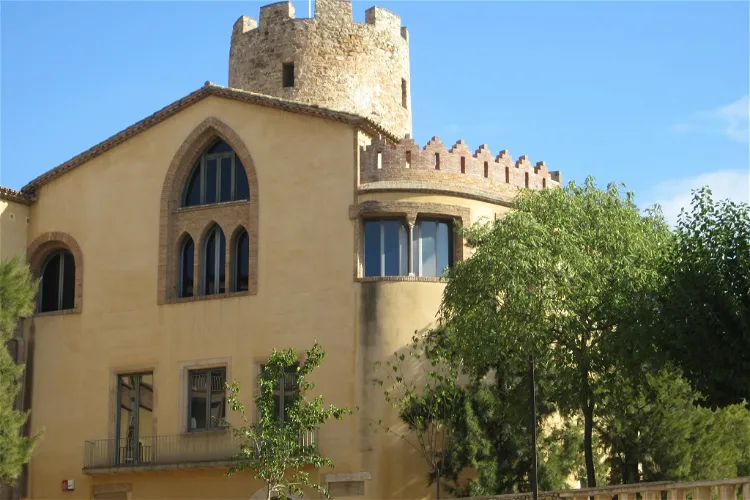
Balldovina Tower Museum
Santa Coloma de GramenetThe Balldovina Tower Museum in Santa Coloma de Gramanet is a multidisciplinary local museum. Its main objective is to protect, conserve, study, and disseminate the cultural and natural heritage of the territory. The museum collaborates with both public and private entities of the city to achieve these goals.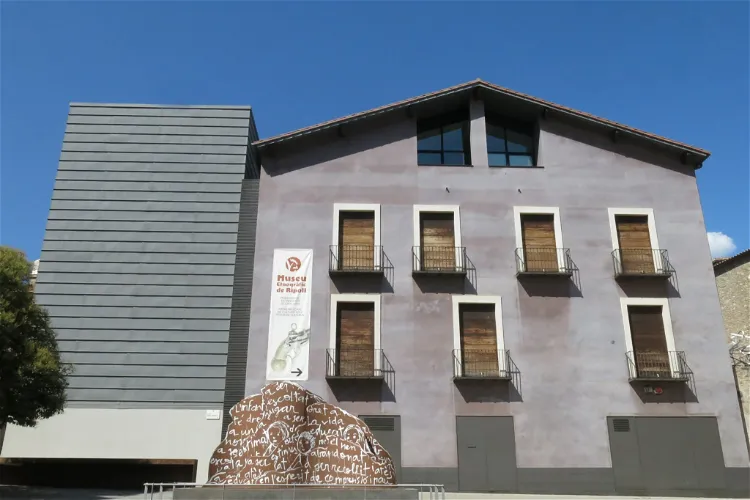
Ethnographic Museum of Ripoll
RipollThe Ethnographic Museum of Ripoll is situated in the city of Ripoll, within the province of Girona in Catalonia. This location is easily accessible and offers a rich cultural experience for tourists interested in ethnography and local heritage.
History of Immigration in Catalonia Museum
Sant Adrià de BesòsThe MhiC – Museu d’història de la immigració de Catalunya (MhiC) is a museum dedicated to the history of immigration in Catalonia. It is located in Sant Adrià de Besòs, a town in the metropolitan area of Barcelona. The museum provides a unique insight into the immigration process in Catalonia, making it a significant cultural and historical site for visitors.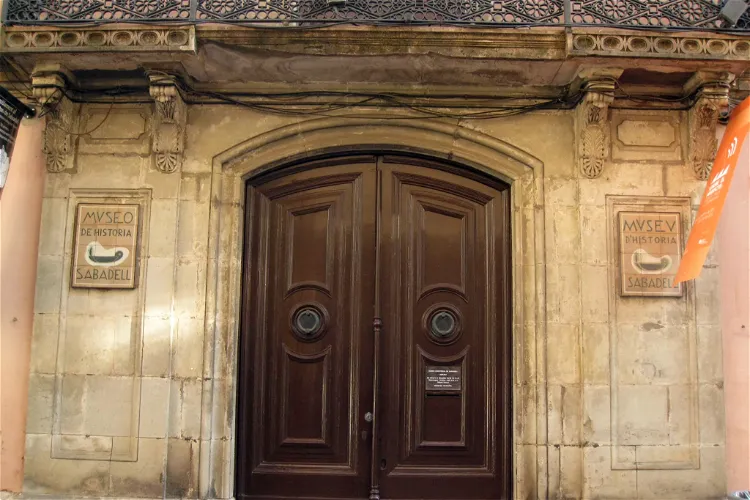
Sabadell History Museum
SabadellThe Sabadell History Museum is home to a variety of collections that delve into the city's archaeology, history, and ethnology. A significant focus is placed on the city's historical ties with wool manufacturing and the textile industry, offering visitors a unique insight into this aspect of Sabadell's past.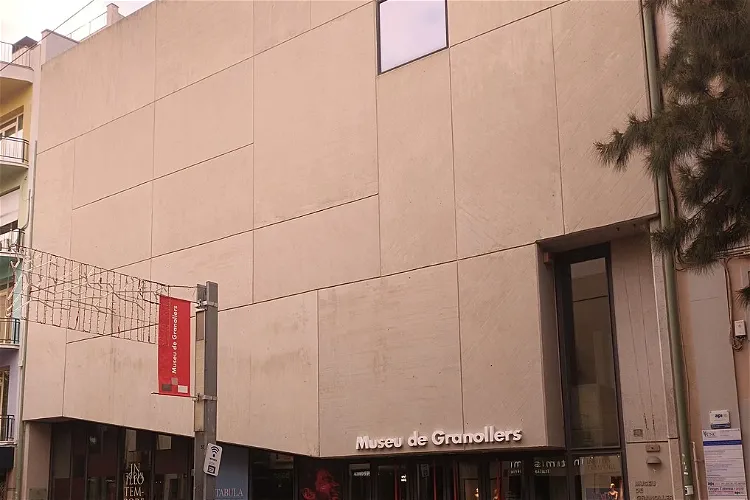
Granollers Museum
GranollersThe Granollers Museum, situated in Granollers, Barcelona, is home to a wide array of collections. These collections span across various fields such as archaeology, decorative arts, ethnography, numismatics, and art from different eras - ancient, modern, and contemporary. This diversity in the museum's collection offers visitors a comprehensive insight into the rich cultural and historical heritage of the region.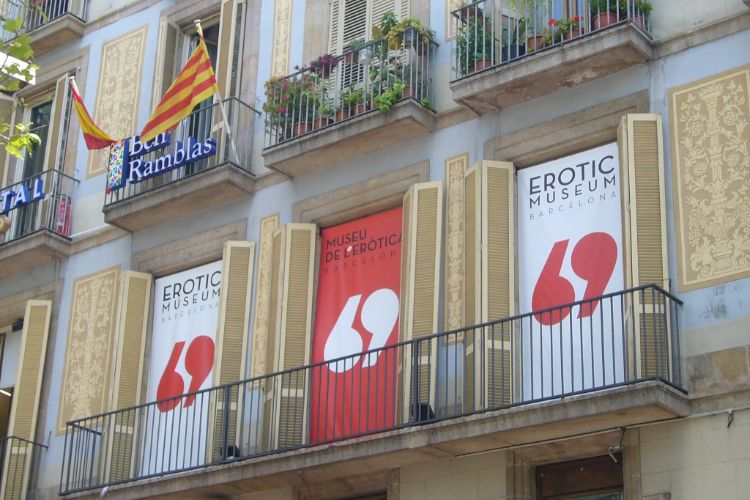
Erotic Museum of Barcelona
BarcelonaExplore the rich history and culture of eroticism in Barcelona in the Erotic Museum of Barcelona. The museum displays various historical relics, wood carvings depicting Kama Sutra positions and other intriguing artifacts.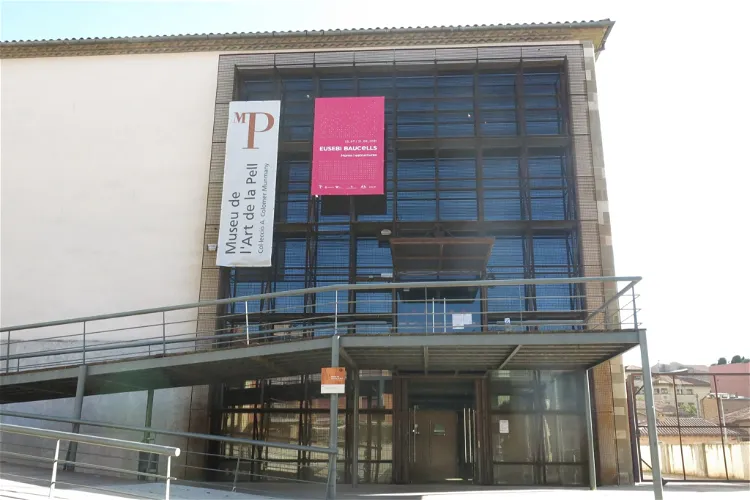
Museum of Leather Artistry. A. Colomer Munmany Collection
FolguerolesThe Museum of Leather Artistry, located in Vich, Barcelona, Spain, is home to the collection of Andreu Colomer Munmany. Over a span of fifty years, Munmany has amassed a collection of a thousand pieces, all of which are made entirely or partially from leather. This unique collection showcases the versatility and artistic potential of leather as a material.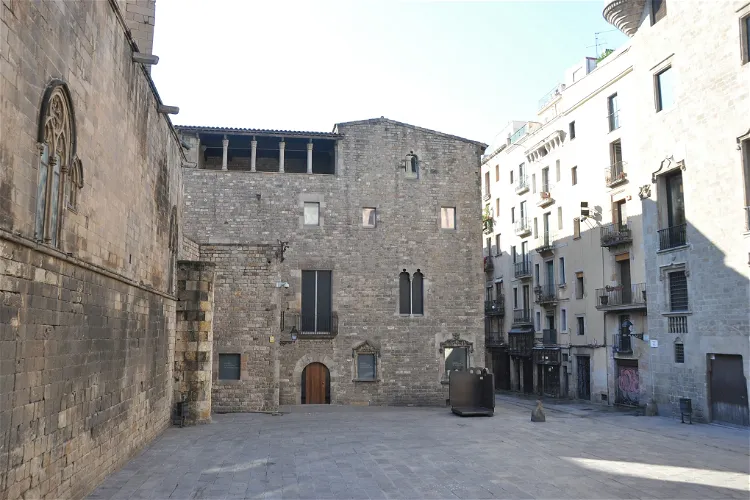
Museum of the History of Barcelona
La MasiaThe Museum of the History of Barcelona, also known as MUHBA, is a city institution that is dedicated to preserving, documenting, maintaining, and exhibiting Barcelona's cultural heritage from its beginnings to the present. The museum's collections include a wide range of artifacts and exhibits that provide a comprehensive overview of the city's history and cultural evolution. Visitors to the museum can expect to gain a deeper understanding of Barcelona's rich and diverse history.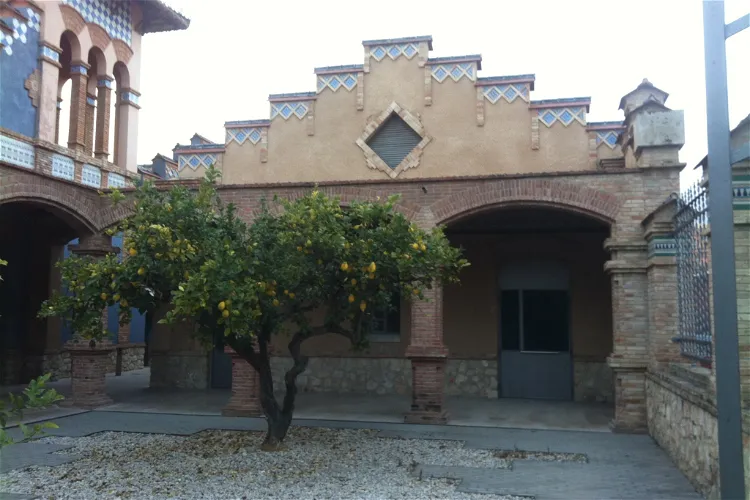
Tortosa Museum
TortosaThe Tortosa Museum, a cultural facility, was inaugurated in 2012. It is the successor of the old museum that was established in 1900 based on the discoveries of the architect Joan Abril i Guanyabens. This historical connection adds a layer of depth to the museum's significance, making it a place where visitors can appreciate not only the exhibits but also the rich history of the institution itself.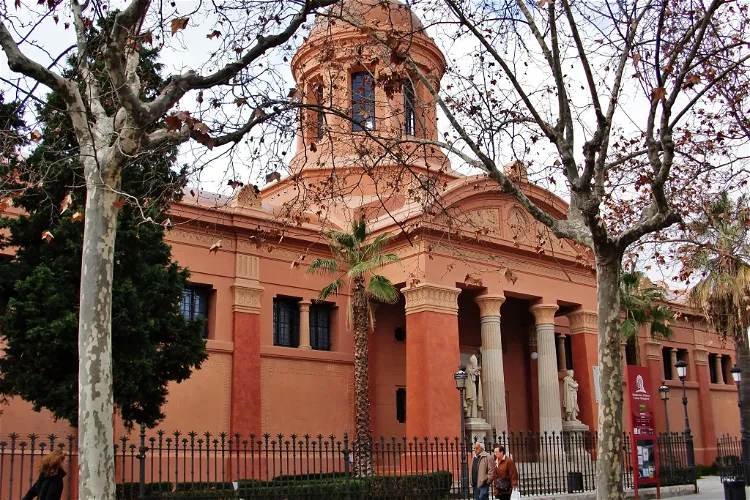
Biblioteca Museu Víctor Balaguer
Vilanova y GeltrúThe museum is home to the legacy of its founder, Víctor Balaguer. This includes a vast collection of books and various works of art that he amassed throughout his life. Visitors can explore a wide range of paintings, sculptures, ceramic and glass pieces, and ethnographic objects from distant cultures.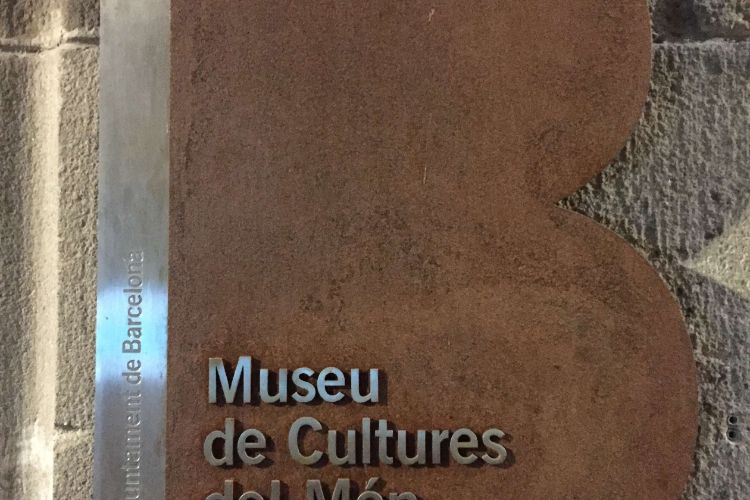
Museum of World Cultures
BarcelonaThe Museum of World Cultures showcases the artistic and cultural diversity of the peoples of Africa, Asia, America and Oceania. The museum brings together a selection of more than 30,000 objects from the Ethnology Museum and 2,356 works from the Folch Collection, the most important non-Western art c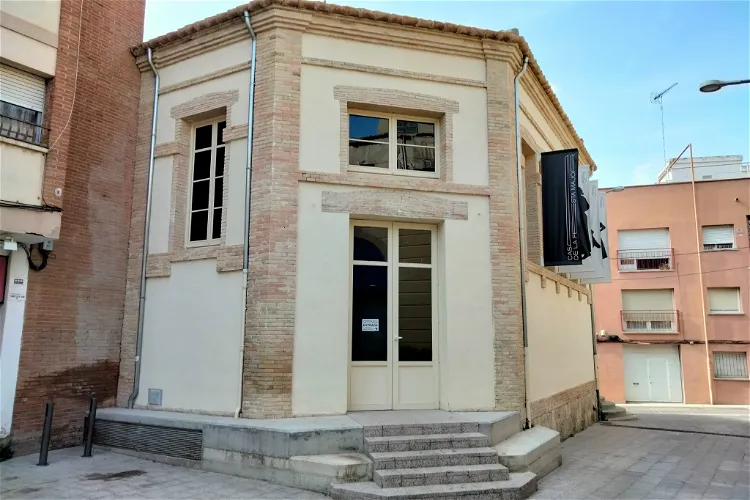
Casa de la Festa Major
Vilafranca del PenedèsLa Casa de la Fiesta Mayor in Vilafranca del Penedès is situated in the former chicken and offal market. This space is dedicated to the rich folklore of the Fiesta Mayor de Vilafranca del Penedès, a celebration that takes place from August 28 to September 3, in honor of San Félix's day. This location provides a unique insight into the local culture and traditions of Vilafranca del Penedès.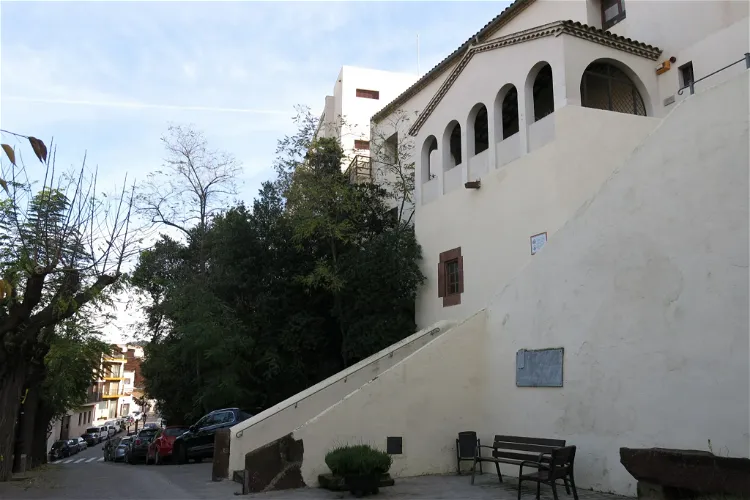
Vicenç Ros Municipal Museum
MartorellThe Vicenç Ros Municipal Museum, located in Martorell, is housed in part of the old Capuchin convent, a structure dating back to the 17th century. This historical setting adds a unique charm to the museum, making it a fascinating place to explore for those interested in history and architecture.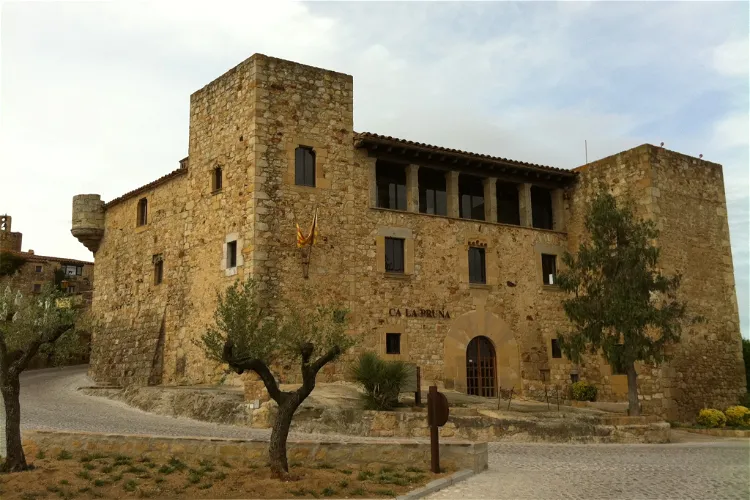
Ca la Pruna - Culture Museum
PalsCa la Pruna is a significant historical site in Pals, dating back to the 16th century. This fortified building is situated at the beginning of the old town, making it a central point of interest for visitors. Its location and historical significance provide a unique insight into the architectural and cultural heritage of the region.
Ethnology Museum of Barcelona
BarcelonaThe main premise of the Ethnology Museum of Barcelona is that ethnology is more than just a set of objects. The pieces are the starting point that allows visitors to interpret their social surroundings. The Ethnology Museum of Barcelona is now focused on the Catalan area, without forgetting its rela- 17
Ecomuseum of the Ebro Delta Natural Park
Sant Jaume d'EnvejaThe Ecomuseum of Somiedo is situated in the Asturian localities of Caunedo and Veigas, both within the council of Somiedo. This location in the heart of Asturias offers visitors the opportunity to explore the beautiful natural surroundings in addition to the museum itself. The museum's location also provides a context for the exhibits, as they reflect the traditions and culture of the local area. - 18
MUHBA El Call
BarcelonaMUHBA El Call lets you discover how Barcelona's Jewish community lived in medieval times. The museum is located in the former house of the veil weaver Joseph Bonhiac and covers the role played by the Jews in Barcelona’s history and the splendour of their cultural legacy.